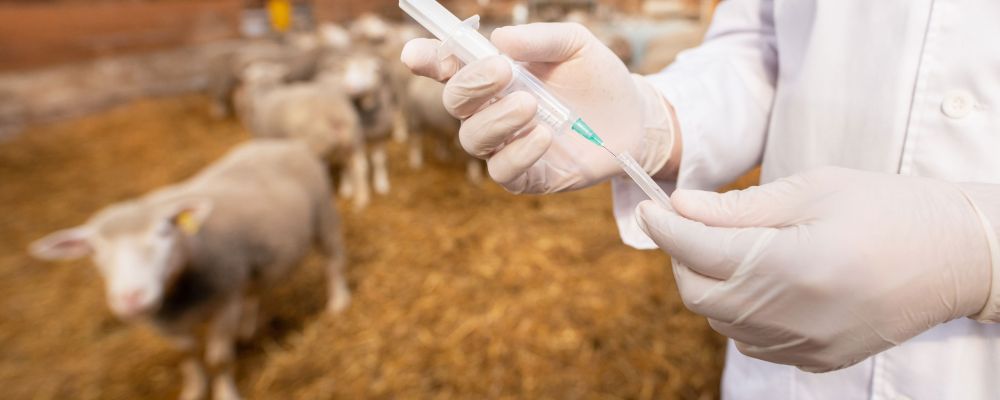- The ANMV
- Our activities
- Marketing authorisation
- Veterinary establishments
- Inspection
- Market surveillance
- Pharmacovigilance
- Antimicrobial resistance
- Administrative formalities
- Our Publications
- Europe & International
- Europe
- International
- World Organisation for Animal Health (WOAH)
- International harmonisation of technical requirements for the registration of veterinary medicinal products (VICH)
- Pharmaceutical inspection cooperation scheme (PICs)
- Organisation for Economic Co-operation and Development (OECD)
- Codex Alimentarius
- Cooperation agreements
- E-learning module
Portal Veterinary medicinal products

Marketing Authorisation
All proprietary medicinal products must have a Marketing Authorisation (MA) before they can be marketed in Europe. A proprietary medicinal product is a medicine prepared in advance by a pharmaceutical establishment according to good manufacturing practice (active substance(s) and excipient(s)). This specialty can exist in different pharmaceutical forms (tablets, syrups, capsules...) and packs of different sizes.
For France, this authorisation is issued by:
- the French Agency for Food, Environmental and Occupational Health Security (Anses);
or by
- the European Commission following the opinion of the Committee for Medicinal Products for Veterinary Use (CVMP) of the European Agency (EMA) (for centralised procedures only).
MAs are issued after an assessment of the benefit/risk balance (which must be considered favourable) and of the pharmaceutical quality (which must be considered satisfactory), on the basis of a dossier submitted by the applicant (future MA holder). The benefit-risk balance shall take into account risks relating to human and animal health and the risk to the environment.
Decisions concerning national marketing authorisations (granting, refusal, variation, renewal, suspension, transfer, withdrawal) shall be taken by the Director of the French agency for veterinary medicinal products by delegation of powers from the Director-General of the Anses. These opinions are the result of a process of technical and scientific evaluation of the data from the dossier submitted most often by a pharmaceutical laboratory. This dossier includes the results of pharmaceutical and biological, pharmacological, toxicological and ecotoxicological studies as well as clinical studies. The purpose of the Anses evaluation is to assess the quality, safety of the medicinal product for the animal, the consumer, the user and the environment and the efficacy of the medicinal product.
The dossier, consisting of the future holder of the MA, gathers all the experimental and analytical data proving the quality, safety and efficacy of the proposed medicinal product. The MA application file consists of four parts:
- part I, “summary of the file” includes administrative information, summary of product characteristics (SPC), labelling and expert reports;
- part II, “pharmaceutical quality” provides information on composition, method of preparation, control of raw materials, control of intermediate products, control of the finished product and stability;
- part III, “Security”, is divided into two subparts. A Subpart IIIA, “Safety”, collects toxicological data. A subpart IIIB, “residues”, presents the pharmacokinetics of the residues and their methods of analysis;
- part IV, “Effectiveness”, describes pre-clinical tests (pharmacodynamics, pharmacokinetics, tolerance, resistance) carried out in the laboratory and clinical trials, if necessary in the experimental station and then in the field.
Experiments must be conducted in accordance with codes of good practice: Good Laboratory Practices (GLP) and Good Clinical Practice (GCP).
To apply for authorisation for a veterinary medicinal product